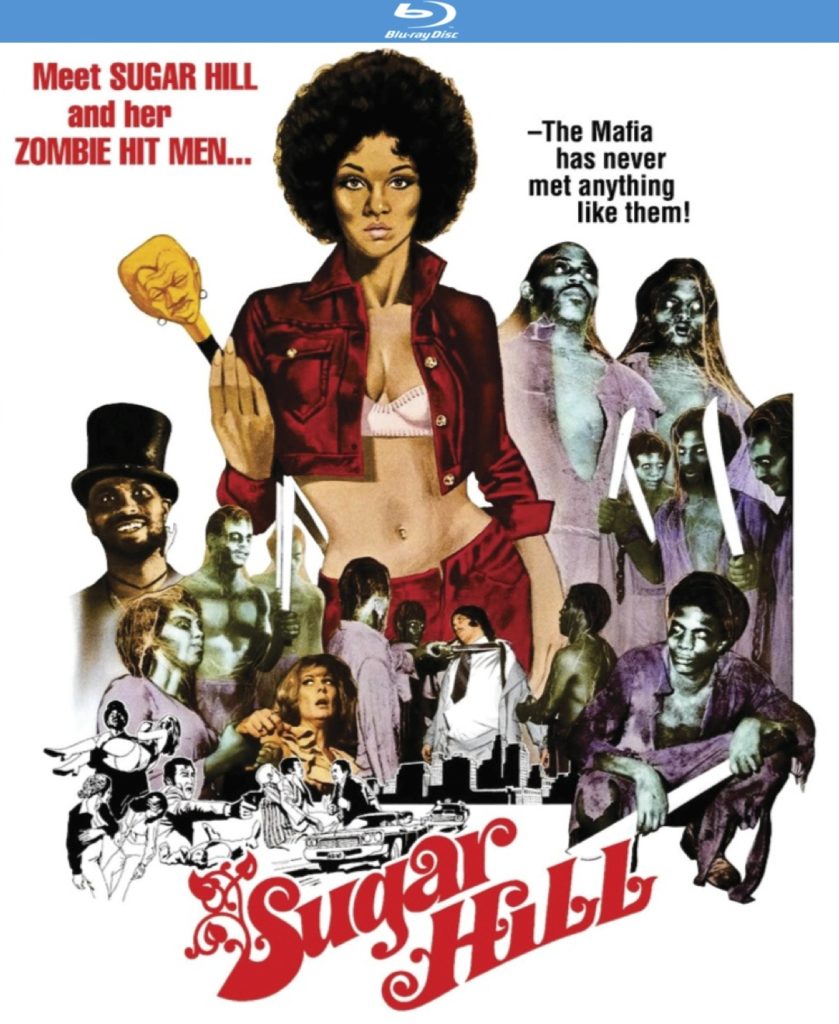
Intrigued by how AI can impact my writing, I'm presenting side-by-side comparisons of past articles and their revisions made with Google's Gemini AI. Brace yourselves!
AI Version of an article that appeared here
Blaxploitation Horror: Unveiling America's Unhealed Wounds
In the 1970s, America grappled with its racist and sexist past, giving rise to powerful movements demanding equality. Popular culture, including horror, reflected these social struggles. In 1974, Paul Maslansky's blaxploitation-zombie flick, "The Emancipation of Sugar Hill," offered a potent commentary on these issues, serving as a time capsule of mid-70s America.
Redefining Blaxploitation
The term "blaxploitation" initially sparked controversy, with some finding it offensive. However, the genre also challenged negative stereotypes, showcasing strong Black protagonists fighting oppression. Notably, blaxploitation films empowered women, highlighting their fight against injustice. "Sugar Hill" stands out by utilizing supernatural forces for vengeance, adding a thrilling twist.
A Story Rooted in History
"Sugar Hill" reflects America's troubled past through its characters and themes. The white crime boss, Morgan, reminiscent of plantation owners, exploits Black communities. Sugar, conversely, embodies independence and resistance. The zombie slaves, still bearing the shackles of their brutal past, find liberation through vengeance. Even the film's religion, Voodoo, emerges from the forced blending of African traditions and imposed Christianity.
Thrills and Chills on a Budget
Despite its limitations, "Sugar Hill" delivers fast-paced excitement. Director Maslansky cleverly integrates modern elements into the Voodoo lore, grounding the film in a relatable setting. The Motown-infused theme song sets the tone, and the filmmakers effectively utilize their resources to create atmosphere, even with modest special effects. The gruesome death scenes, like Fabulous' in the massage parlor, add genuine chills.
More Than Just Revenge
While Sugar's fight involves revenge, it goes beyond personal vendetta. It encompasses reclaiming her heritage, protecting her community from racist predators, and ultimately achieving her own emancipation.
Conclusion:
The blaxploitation films of the 1970s held cultural significance by increasing Black representation, showcasing heroes of all genders, and tackling racial and gender inequalities. "The Emancipation of Sugar Hill" continues this legacy, using horror tropes to deliver a powerful social commentary that remains relevant today.
